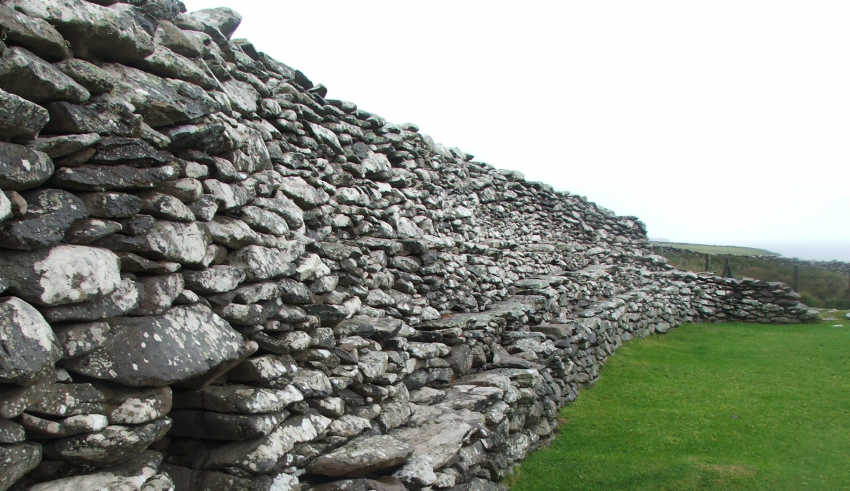
Anomalies, Revolution and Micro-Evolution
Anomalies are potentially critical to not only the creation of ultra-geniuses but also even more fundamentally the process of evolution. If there are no anomalies (called “mutations”) in a population then evolution will not take place. Revolutions and innovations of any kind require that things are not going quite right. There must be anomalies and variations if evolution is to take place. Within human culture, there is an even more subtle process taking place. We don’t have genetic mutations but we do have diverse ideas that generate innovations. As noted by Stephen Greenblatt in his Pulitzer Prize-winning book, The Swerve, the critical role played by mutations and mistakes goes back many centuries to the writing of Lucretius in The Nature of Things. As interpreted by Greenblatt (2011, p. 188), Lucretius is proposing that:
Everything comes into being as a result of a swerve. If all the individual particles, in their infinite numbers, fell through the void in straight lines, pulled down by their own weight like raindrops, nothing would ever exist. But the particles do not move lockstep in a preordained single direction. Instead, at absolutely unpredictable times and places they deflect slightly from their straight course, to a degree that could be described as no more than a shift of movement.
In contemporary times, Scott Page (2011) writes about the generation of multiple ideas (mutations) and the power of diversity within any system in his very challenging book, Diversity and Complexity. Page suggests that a world filled with many perspectives is one in which good ideas, clear thinking and accurate information is likely to emerge: “if we have lots of diverse paths . . . , we are not likely to make mistakes. If we only have a few paths, mistakes are likely. “ (Page, 2011, p. 240) Page makes a strong case for the important interplay between complexity and diversity. Systems that are complex and diverse will be more resilient and amenable to change:
Systems that produce complexity consist of diverse rule-following entities whose behaviors are interdependent. . . . I find it helpful to think of complex systems as “large” in Walt Whitman’s sense of containing contradictions. They tend to be robust and at the same time capable of producing large events. They can attain equilibria, both fixed points and simple patterns, as well as produce long random sequences. (Page, 2011, pg. 17)
There is one thing we have learned in recent years with regard to the viability of any society that has almost become an axiom: if there is extensive variability (disturbance) within the environment in which a society operates, then there must also be extensive variability (diversity) inside this society if it is to remain viable. Page identifies this axiom as the Law of Requisite Variety:
Download Article 1K Club


















